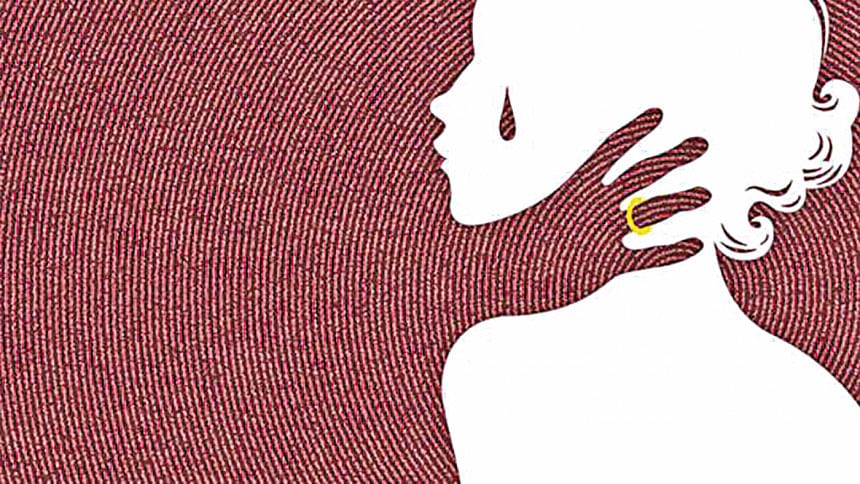Marital rape and the law

Recently, a child bride's death in Bangladesh has stirred the whole country and brought the issue of marital rape or marital sexual abuse to the forefront. A combined reading of the Penal Code, 1860 and the Nari O Shishu Nirjaton Daman Ain, 2000 reveals that marital rape is not recognised in Bangladesh. This leads us to visit some neighbouring legal frameworks in understanding the status of law there. Among the neighbouring countries, Nepal and Bhutan explicitly recognises marital rape, Pakistan, implicitly creates a scope. On the other hand, India does not legally recognise marital rape. Afghanistan's law acknowledges the possibility of sexual assault within marriage but with a vital exception for the Shia community. Sri Lanka recognises marital rape only conditionally.
In India, marital rape is not criminalised. Exception 2 to Section 375 of Indian Penal Code exempts nonconsensual or unwilling sexual intercourse with women by stating that "sexual intercourse by a man with his own wife, the wife not being under fifteen years of age, is not rape."
In Bhutan, marital rape is explicitly recognised as an offence and penalised. Section 199 of the Bhutanese Penal Code defines marital rape as a coercive or forcible sexual intercourse within a marriage. Section 200 stipulates that a person guilty of marital rape shall have to undergo imprisonment for a minimum period of one year and a maximum period of three years.
In 2006, a revision in the Pakistan Penal Code has created a scope for acknowledging marital rapes as offences. Prior to 2006, rape was defined as an act of coercive or forceful sexual intercourse with a woman, other than a man's wife. In the year 2006, the law was revised, and upon revision, Section 375 of the Penal Code says that "a man is said to commit rape who has sexual acts with a woman without her approval."
Under the Sri Lankan Penal Code, marital rape is not criminalised except when the man and the wife are judicially separated. Section 363 (a) of the Penal Code provides that "a man is said to commit 'rape' that he has sexual intercourse with a woman without her consent, even where such woman is his wife, and she is judicially separated from the man."
In Afghanistan, the Law on Elimination of Violence Against Women 2009 criminalised sexual assault against an adult woman by a man and does not exempt marital rape/sexual abuse from its purview. It is to be mentioned however that the Shiite Personal Status Law (applicable to the Shia community) explicitly legalises rape within marriage by providing that it shall be the duty of the wife to submit to the husband. The personal status law stirred the entire Afghanistan, fueled a massive scale protest in Afghanistan's recent history and invited international disparage.

 For all latest news, follow The Daily Star's Google News channel.
For all latest news, follow The Daily Star's Google News channel. 



Comments